Bee Stings & EpiPens: A Babysitter’s Guide to Life-Threatening Allergies
/By Delta Emergency Support Training | In Partnership with Red Cross Babysitter Training
When you’re babysitting, you’re responsible for more than just keeping kids entertained—you’re also their first line of defense in an emergency. One common but serious situation babysitters may face is a bee sting that leads to a severe allergic reaction, called anaphylaxis.
This guide will help you understand how to recognize an allergic reaction, treat bee stings, and confidently use an EpiPen—a life-saving tool in a high-stress moment.
🐝 Bee Stings: First Aid Basics
Most bee stings are just a painful annoyance—but in children with allergies, they can be dangerous. Here’s what to do right away:
🩹 If a Child is Stung by a Bee:
Stay calm and help the child stay still.
Remove the stinger quickly—scrape it out with a flat edge like a credit card.
🚫 Do not use tweezers or squeeze the stinger—it can inject more venom.Wash the area with soap and water.
Apply a cold compress to reduce swelling and discomfort.
Watch for signs of an allergic reaction over the next 15–30 minutes.
🚨 What Is Anaphylaxis?
Anaphylaxis is a severe, fast-moving allergic reaction that can affect breathing, circulation, and other body systems. It’s a medical emergency that requires immediate action.
⚠️ Common Triggers Include:
Bee or wasp stings
Peanuts, nuts, shellfish, milk, eggs
Medications
Latex
⚠️ Signs of Anaphylaxis
Watch for one or more of these symptoms, especially if they appear within minutes of a sting or exposure to a known allergen:
Trouble breathing (wheezing, coughing, gasping)
Swelling of the lips, face, throat, or tongue
🔴 Tongue swelling is one of the most dangerous symptoms—it can block the airway
Hives, redness, or itching of the skin
Vomiting, diarrhea, or severe stomach cramps
Dizziness, fainting, or confusion
Child says they feel like something bad is happening
🧠 Important: Anaphylaxis can come in waves. A child might improve briefly, then get worse again. Never delay treatment.
💉 How to Use an EpiPen (Epinephrine Auto-Injector)
If the child has a known allergy or develops symptoms of anaphylaxis after a sting or exposure:
✅ Step-by-Step: EpiPen Use
Use the EpiPen immediately.
Early epinephrine is the best way to stop the reaction.Call 9-1-1 immediately after using the EpiPen.
Even if the child looks better, they may need multiple doses. EMS must assess them.Administer the EpiPen:
Remove the blue safety cap ("blue to the sky").
Hold the pen in your fist, orange tip pointing down. (“orange to the thigh”
Push the orange tip firmly into the outer thigh (can go through clothing).
Hold for 10 seconds.
Remove and massage the injection site for 30 seconds.
Stay with the child and monitor their condition.
If they’re having trouble breathing, keep them upright.
If unconscious or vomiting, turn them on their side to protect the airway.
Do not reuse the EpiPen.
It is a one-time-use device. If symptoms return and a second pen is available.
👶 Babysitter Safety & Preparedness Tips
✅ Ask parents about allergies before they leave.
✅ Know where the EpiPen is and check the expiry date.
✅ Review instructions with parents before they leave.
✅ Always call 911 after using an EpiPen—don’t wait.
✅ Stay calm—you’ve been trained, and your response can save a life.
🎓 EpiPen Training Is Included in Our Babysitter Course!
At Delta Emergency Support Training, we don’t just teach games and diaper changes—we teach lifesaving skills. Our Red Cross Babysitting Course includes a first aid component, where babysitters learn how to:
Recognize anaphylaxis
Use an EpiPen correctly and confidently
Respond to bee stings, food allergies, and medical emergencies
Stay calm under pressure and take control of the situation
We train babysitters to be ready—not just helpful.
🧠 After the Emergency
Once EMS has arrived or the parents return:
Tell them exactly what happened and when you used the EpiPen
Take time to debrief with an adult or your own parent—emergencies can be stressful
✅ Final Reminders
Always ask about allergies
Always locate the EpiPen
Always call 911 after EpiPen use
Always take every reaction seriously—even “mild” ones can become severe fast
📞 Want to Learn More?
Ready to become a confident, Red Cross–trained babysitter?
Sign up for our next Babysitting & First Aid Course at Delta Emergency Support Training.
Because you’re more than a babysitter—you’re someone’s hero in the making.



